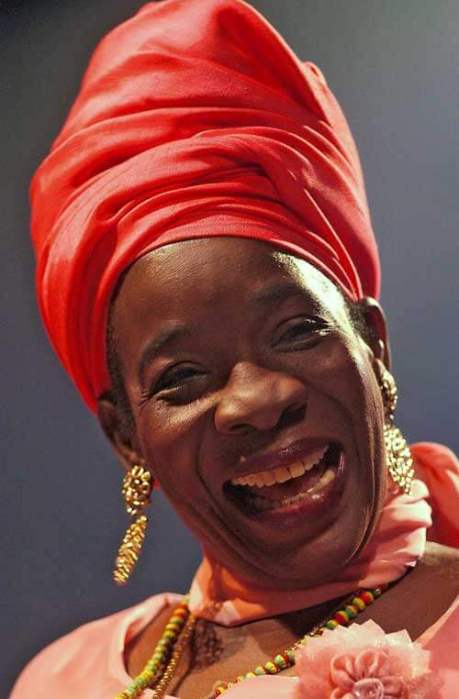When Robert Nesta Marley and his Wailers’ collaborator Peter Tosh penned a song titled “Get Up, Stand Up” there was a wall in Europe separating East and West Germany.
Simultaneously, a racist system of segregation known as apartheid separated nationals of South Africa.
In Zimbabwe, a similar form of oppression subjected a Black majority to heed the laws of a white minority.
At the same time natives of Angola, Namibia and other southern African nations endured equally repressive treatment under their regimes.
The reggae song resonated in all those regions and in the Caribbean, Fidel Castro, Maurice Bishop and Jean-Claude Duvalier offered alternative lifestyles from the norm Spanish, English and the French colonials exampled.
In this millennium with the absence of the Berlin Wall, the dismantling of apartheid, the passing of revolutionary leaders including Nelson Mandela, Dr. Martin Luther King, Jr., Robert Mugabe and the authors of the anthemic, motivational song, Generation Next must find a unifying theme to sustain the varying causes that threaten world peace.
Cedella, the eldest daughter of reggae icons Bob and Rita Marley believes her father’s message remain relevant and is perhaps even more pertinent to a global audience awakening to the #Me Too Movement, bullying, climate change, police brutality, sexual and racial insensitivity, the proliferation of guns, white supremacy, immigration discrimination, poverty, homelessness, terrorism and a litany of issues that plague the planet.
A mother to three young men, the designer, entrepreneur and former background singer to her brothers Ziggy and Stephen collaborative Grammy winning group — Ziggy Marley & The Melody Makers — she decided to adapt the message for a primer to young readers of all races.
Based on the 1973 single from the Tuff Gong “Burnin’” album by Bob Marley & The Wailers, the book compiles a colorful and inspirational read, children will relate.
Illustrated by John Jay Cabuay, “Get Up, Stand Up” provides ammunition to an already empowered force of activists poised to rule a more enlightened world.
“Standing up for yourself, standing up for others and standing up for what is right are three very important values my parents instilled in my siblings and me when we were growing up in Jamaica,” Marley explained.
That worlds away, her parents’ message echoed to inspire soldiers, warriors and ordinary citizens is no wonder she chose the “Burnin’,” 1973 composition for her third in a series of musical adaptations.
Her first publication introduced “The Boy From Nine Miles,” a biographical tale about her superstar father.
Youngsters embraced the page-turner in the process gleaned much about the Jamaican national who in his short lifetime endeared world attention.
On his 56th birthday, along with her siblings gifted the deceased king of reggae with a palm-sized book titled “56 Thoughts.”
The publication highlighted the Kingston address her Rastafarian father resided and also presented Psalms he praised throughout the 36 years he lived.
On this go-round she believes the lyrics — “Get up, Stand up, Stand Up for your rights! Get Up Stand Up, Don’t Give Up The Fight!” will amplify the anthemic theme and may also provide ammunition for resistance youths might need in order to counter domination and helplessness.
In language students and teachers will appreciate the message to stand firm in the face of adversity, remain committed, purposeful; “be a good neighbor and cherish your sisters and brothers” as well as to follow a mantra to “practice being kind to yourself and one another.”
Marley herself demonstrated a modicum of these principles by investing her time and talent to an all-but discarded team of female athletes needing help to play the game of soccer.
It took devotion, loyalty and determination to exercise her promise of aiding the Jamaican kickers and against all odds Marley and the team qualified to World Cup championships, a first for the country and region.
Her third adaptation could have been titled “Redemption Song,” “Who Feels It Knows It,” “No Woman No Cry” or any of the catalogued hits from her father’s songbook.
In previous publications she adapted the songs “One Love,” and “Every Little Thing” to interpret child-friendly message.
Simmer down, Ms. Marley’s writings is now available at www.chron
Catch You On The Inside!



















